Use of Exchange Rates For VAT Purposes (VATP004)
In business, the transactions would happen in many currency formats depending on the countries they deal with for products or service exchange. The public clarification on the use of exchange rates for VAT purposes throws light on the rules of applying daily exchange rates on tax invoices.
The supreme authority UAE central bank began publishing exchange rates on 17 May 2018 and businesses are required to use this exchange rate on tax invoices issued in any currency other than the UAE Dirham from this date onwards. According to the public clarification VATP004, tax invoices issued in a foreign currency prior to 17 May 2018 do not need to be reissued according to the central bank’s exchange rate, if they are converted using a reliable source of exchange rates and the same source has been used consistently.
The List of Reliable Exchange Rate Sources
- Thomson Reuters (Canadian Multinational Media Conglomerate)
- Oanda (US-Based Foreign Exchange Company)
- Exchange rate published by a UAE Bank
The Use of Historical Rate Published By Central Bank
The UAE Central bank also published the exchange rate of the currency on its website for periods before 17 May 2018. It is not mandatory for businesses to re-issue the invoice if the exchange rates used are from the above-mentioned reliable sources and have been used regularly.
Case Study (Issue and Supply On Different Date)
In the event, a tax invoice is issued after 17 May 2018, but the date of supply is before that, then the businesses should use the exchange rates as published by the UAE central bank.
Use of Exchange Rates From 17 May 2018 Onwards
All the invoices issued from 17 May 2018, should use the foreign exchange rate published by the UAE central bank to convert foreign currency to UAE Dirham. Also, businesses must use the exact rate published by the UAE Central Bank, including the same number of decimal places published without any roundoff.
Case Study
If the exchange rate of the Canadian Dollar is 2.65436, the complete exchange rate should be used for the tax invoice and strictly restrict the rounding off of the exchange rate to a minimal decimal of 2.65.
1000 CAD = 2662.35 AED
Import Service Exchange Rates
When a business imports services from a foreign country, the invoice received for the supply will be in foreign currency, but they are subject to VAT under the reverse charge mechanism. To apply those reverse charges to imports, businesses should use the UAE Central Bank exchange rate applicable on the date of supply.
If a supplier is a foreigner, not VAT registered in UAE, they will issue a tax invoice which is not a tax invoice for UAE VAT purposes. The exchange rate would be applied as per the exchange rate on the date of supply of the imported service.
The Time of Exchange Rate Publication
The UAE central bank updates the exchange rate on its website every day after 6 PM, to cover the rate applicable to that day. So the tax invoices issued from 6 PM will have the updated exchange rate, whereas the others before 6 PM have to use the previous day’s exchange rate.
Import Goods Exchange Rates
When goods are imported to UAE, invoices for foreign goods are received in foreign currency, which would be converted by the Customs Department to UAE Dirham for Import Declaration.
The significant thing is that the Customs Exchange rate would be different from the UAE Central Bank Exchange rate. The businesses are permitted to use the exchange rate applied by the customs department to declare the VAT due on imports.
Exchange Rate And Economic Growth
According to the VAT consultants in UAE, the exchange rate can influence on the economic growth of the nation. A strong exchange rate is considered as a sign of economic strength. The intervention of the UAE central bank in determining the exchange rates is a positive sign of balancing the economy from financial fluctuations.
Please contact us for any VAT related services and assistance.








